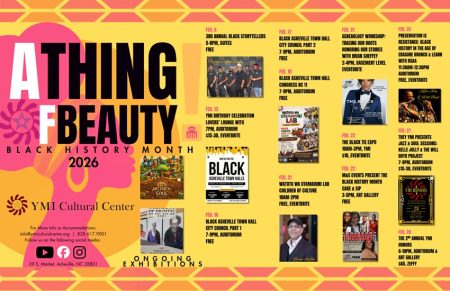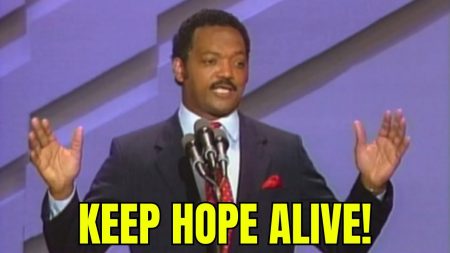We Have Just Begun
Deep in the Arkansas Delta lies a secret buried for over 100 years.

The Elaine Massacre of 1919—perhaps the largest single race or labor massacre in American history—is a buried story with strong contemporary resonances.
It’s also a story that’s still being denied, debated, and (re)written.
During 1919, dozens of race and labor riots erupted throughout every major city in the US—but in Elaine, Arkansas, a rural war on Black workers eclipsed them all.
The official story goes that a meeting of Black sharecroppers planning an uprising resulted in shots being exchanged and the death of one white police officer. White people then rose up in anger, the US military was ordered to restore order, and a few dozen Black people died as a result. And yet, for 100 years, this story—never convincing on its face—has been historical ‘truth.’
“We Have Just Begun” was the secret passcode spoken by members of the union of Black farmers and domestic workers organizing throughout the Arkansas Delta. The film is a seven-year collaborative investigation into the Elaine Massacre and its repercussions in Phillips County.
By combining recordings of eyewitnesses, revelations of descendants, and interviews with scholars, activists and current Elaine residents, the film brings long-suppressed facts and details to light, while considering both the burdens and opportunities of history.
Co-written and narrated by current San Francisco Poet Laureate Tongo Eisen-Martin, and featuring Michelle Duster, the great-granddaughter of Ida B. Wells, reading from Ms. Wells’s “The Arkansas Riot,” We Have Just Begun immerses the viewer in a community wrestling with its own legacy. A lyrical composition of Delta voices, it is a portrait of rural struggle toward emancipation, despite brutal attempts to suppress it.
Michael Warren Wilson, the creator of the documentary, says, “Understanding Elaine is to understand the ways in which capitalist domination and exploitation of the Delta has defined Southern economic and social life—activating and intensifying the colonial legacies of enslavement and maintaining inequality in the region.”
For more information about the film, please visit wehavejustbegun.com. To arrange a screening, visit www.videoproject.org/we-have-just-begun.html.








